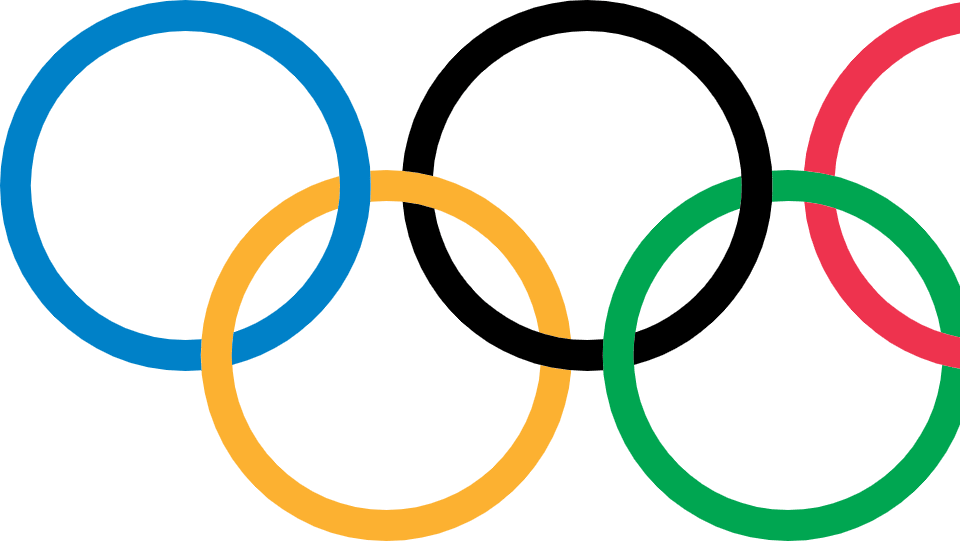Open two-way discussions characterise first phase of Candidate City 2024 workshops
The International Olympic Committee (IOC) this week welcomed delegates from the five Candidate Cities for the Olympic Games 2024 for the first of a series of workshops that will be held over the next two years.

At the IOC headquarters in Lausanne from 16 to 20 November, separate workshops were held with representatives from each city: Budapest (Hungary), Hamburg (Germany), Los Angeles (United States), Paris (France) and Rome (Italy)*.
In an introductory video, IOC President Thomas Bach congratulated all five cities for already embracing the reforms of Olympic Agenda 2020, the IOC’s strategic roadmap for the future of the Olympic Movement.
“We have a competition field that really reflects Olympic Agenda 2020”, President Bach said. “What we wanted to achieve with Olympic Agenda 2020 is more diversity and more creativity in the competition. We wanted you, the Candidate Cities, to tell us how the Olympic Games will fit into your long-term strategy and vision for your city rather than the other way round. We wanted the Candidate Cities to set sustainability and legacy as a top priority.”
The workshops of stage 1, which were led by Olympic Games Executive Director Christophe Dubi and Associate Director - Olympic Candidatures, Olympic Games Department Jacqueline Barrett, focused on Vision, Games Concept and Strategy. In accordance with the spirit of Olympic Agenda 2020, the workshops were designed to facilitate an open, two-way dialogue between the IOC and the Candidate Cities.
Strong emphasis was placed on legacy and sustainability, particularly the alignment of the Games project with the long-term development plan of the city and the region. Members of the International Union for Conservation and Nature (IUCN) and the Olympic Games London 2012 team were invited to share their expertise, conservation tools and best practices with the Candidate Cities. Also speaking with the Cities were representatives from Worldwide Olympic Sponsors DOW and General Electric, both of which have significant sustainability programmes.
In addition to sharing knowledge and past experiences in delivering successful Games legacies, the IOC emphasised the importance of using the candidature itself as a legacy, regardless of the outcome of the host city election in 2017. Additional areas of discussion included the sports programme, venue concept and creating a venue masterplan that aligns with the long-term needs for the community, and maximising the use of existing venues. Topics also included communication tools and the support offered by the IOC to the Candidate Cities.
Further sessions included those led by Olympic Broadcast Services (OBS), the International Paralympic Committee (IPC) and the IOC’s Chief Ethics and Compliance Officer.
More Candidate City 2024 workshops are scheduled for Stage 2 and Stage 3 of the revised Candidature Process. The first Candidature Process launched since the adoption of Olympic Agenda 2020 features a significant shift in philosophy, aiming for increased openness, simplicity and transparency. The Candidature Process is composed of three stages over two years leading up to the election of the host city for the Olympic Games 2024, in Lima, Peru, in 2017. The three stages are:
· Stage 1: Vision, Games Concept and Strategy
· Stage 2: Governance, Legal and Venue Funding
· Stage 3: Games Delivery, Experience and Venue Legacy
For more information on the Candidature Process and the three stages, please click here.
*The cities will be listed in alphabetical order until the official drawing of lots is carried out by the IOC Executive Board during its meetings from 8 to 10 December 2015.